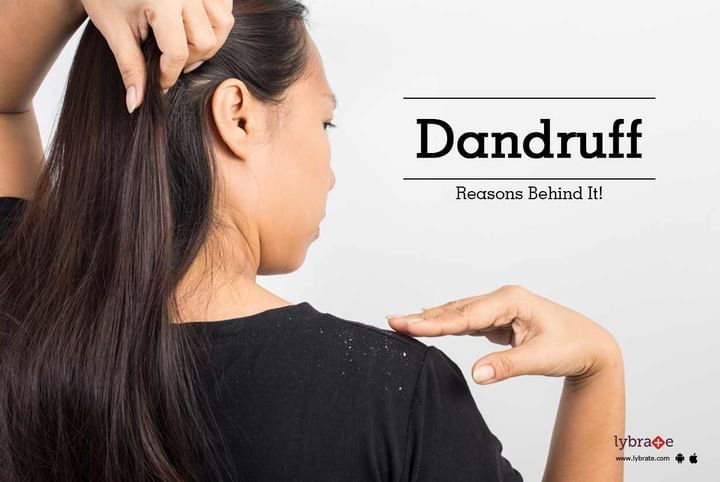Get the App
For Doctors
Login/Sign-up
Last Updated: Oct 23, 2019
BookMark
Report
Dandruff - Reasons Behind It!
Dr. Nitin JainDermatologist • 30 Years Exp.MBBS, Diploma in Venerology & Dermatology (DVD), DDV, MD - Dermatology , Venereology & Leprosy
Dandruff isn't just a social embarrassment, but may also give you certain pointers about your general hair health as well. Let's look at some facts regarding dandruff and how it may affect the health of your hair.
The cause for dandruff is usually stated to be a dry scalp, which is not entirely true. Dandruff could be caused by a host of reasons and rather than being a problem, it could be a symptom of other problems with hair health. Let's look at some of the causes:
- Yeast problems on your scalp: If you suffer from extreme dandruff problems during the winter months, it is likely that it is due to the buildup of yeast on your head. Yeast may build up during the winter months and it usually gets resolved when temperatures rise during the summer months.
- Not maintaining your hair regularly: This may come as a surprising element as brushing helps in removing dandruff from your scalp. If you have short hair and don't brush your hair regularly, chances of getting dandruff increase more so. Shampooing also has a similar effect and thus if you don't keep your hair clean, it might end up causing more dandruff.
- Conditions such as Seborrheic dermatitis or other diseases: Dandruff may well be a manifestation of symptoms for other health problems within your body. For example, Seborrheic dermatitis is a condition which may cause your scalp to be irritated and oily and in turn, cause more dandruff. It could also mean you have a Malassezia problem. Malassezia is a fungus that naturally lives in our hair and feeds on the oil, but an overgrowth of these might result in dandruff as well.
- Lifestyle issues such as diet and stress: If you follow a poor diet, mostly consisting of junk and fried foods, and also have a lot of stress, then it may lead to dandruff. In such cases, topical medications or treatments might not work. You will need to correct it by making changes in your lifestyle, one of them following a healthy diet.
In all of these cases, it is not just a specific problem, but a symptom of a larger problem that needs to be resolved. Treating the underlying problems will ensure that dandruff goes away too. If you wish to discuss about any specific problem, you can consult a Dermatologist.



+1.svg)
